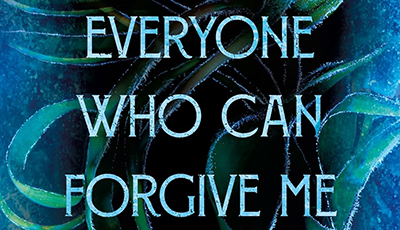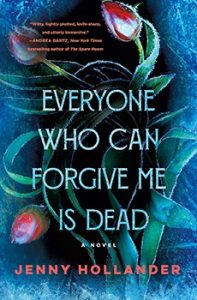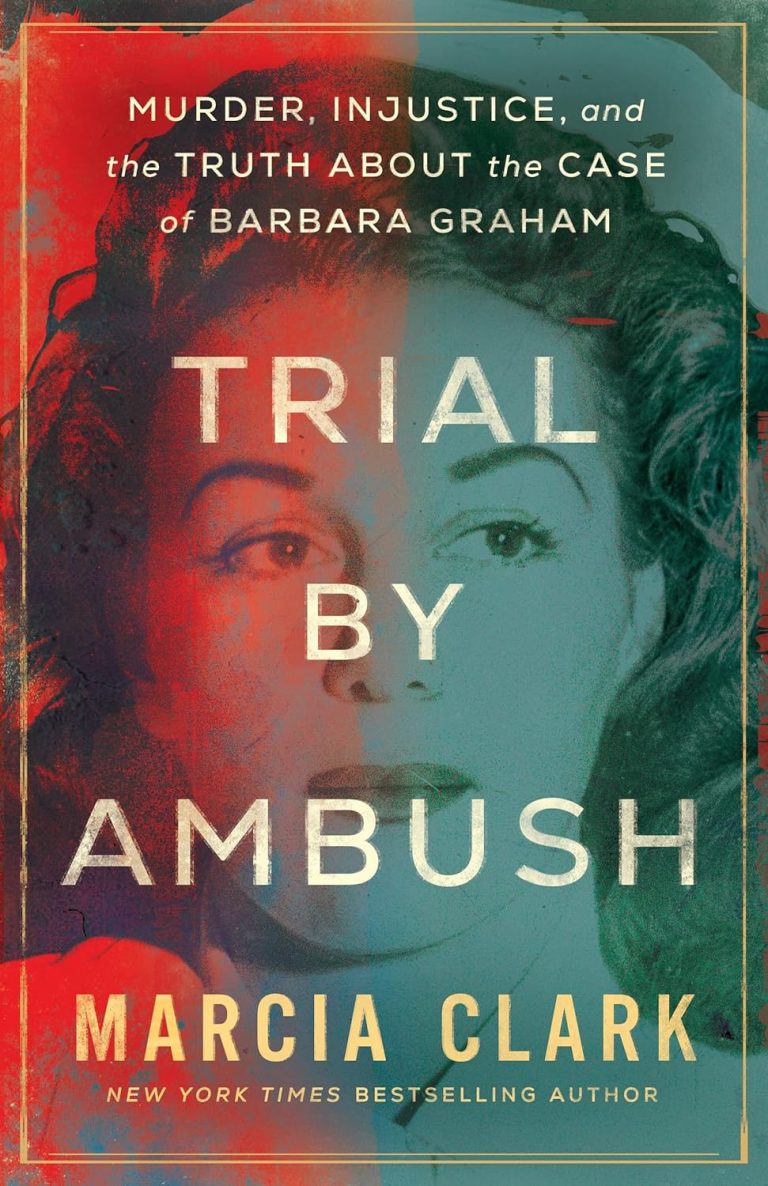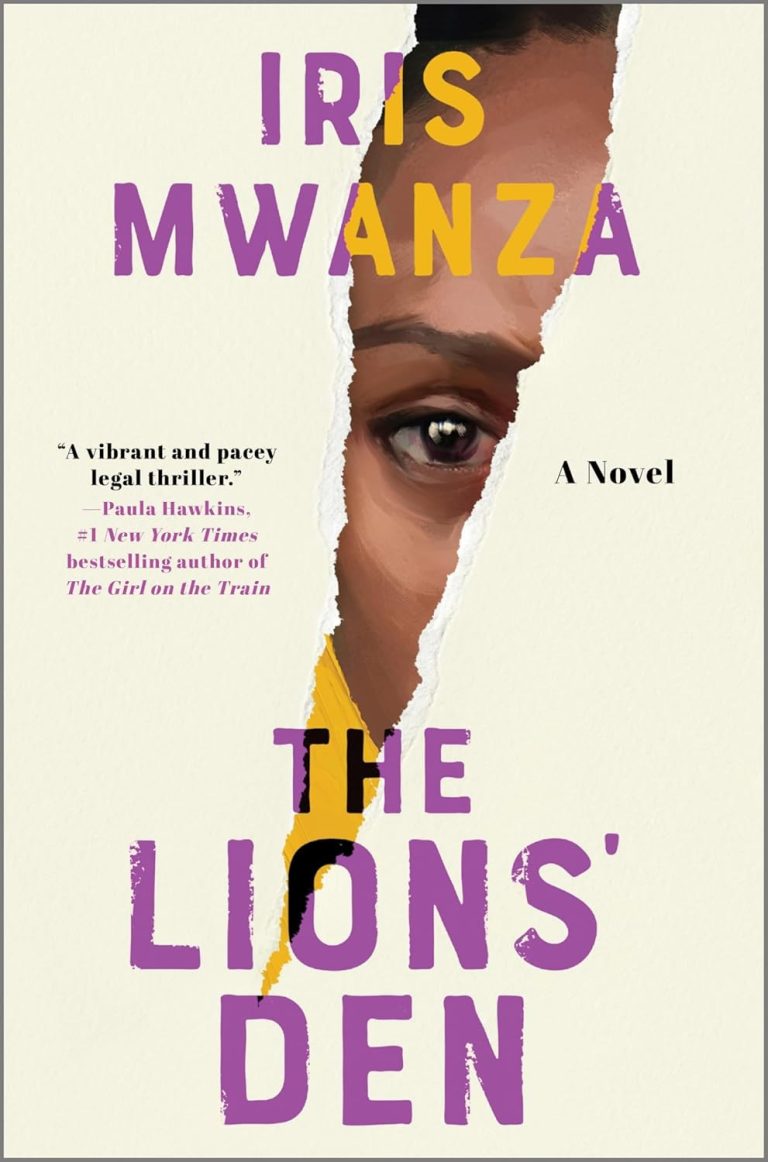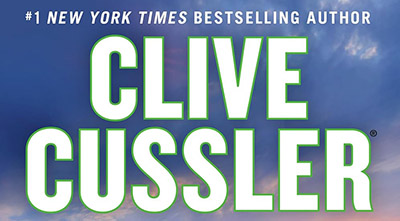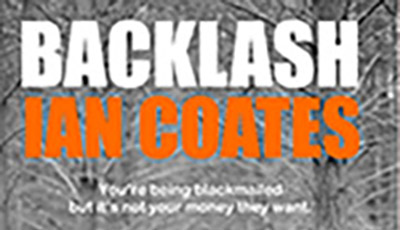Which is Most Dangerous? What We Remember—Or What We Forget?
A Spotlight on Author Jenny Hollander
By Neil Nyren
“Everyone who was there, or pretends they were, says the same thing: the tabloids got it wrong. But they didn’t, not really.
“The articles said: Charlotte Colbert escaped unscathed. Which is true. While the others were in surgery or stretched out in the morgue, I was in the shower, scrubbing their blood from my neck and shoulders. The others were carried out; I walked out – or, more accurately, according to the photos, I was walked out, a paramedic hooked under each arm.
Jenny Hollander’s EVERYONE WHO CAN FORGIVE ME IS DEAD centers around a night of horror at New York’s Carroll University School of Journalism, an event that would become known to the press as “Scarlet Christmas.” There were six victims—three of them died. Charlotte “Charlie” Colbert was one of the survivors, and she gave the police a complete account of what happened. But she lied. She remembered some of it, but then…nothing. A black hole. She made it up.
And she’s very, very afraid of what she may have done that night.
Now it is nine years later, and Charlie, a successful magazine editor, is dreading the upcoming tenth anniversary, the attention it will draw, the articles, the news reports. The TV shows made about the crimes were bad enough, the bestselling book was even worse. But now one of her classmates, a television newswoman and the sister of one of the dead girls, is putting together a movie that she promises will reveal the full story for the first time.
What does she know?

There are only two things Charlie can be sure of. One is that “I need to remember what happened. Everything. All of it….I need to remember now.” The other is: This film must be stopped.
What follows is as twisty a thriller as you’re likely to read this year, a propulsive dive into the dark secrets we keep buried, even from ourselves, and the lengths to which we will go to keep it there. What happens when the truth comes out? You’ll think you know, but you don’t. Nothing is what it seems.
As Charlie is about to find out the hard way.
There’s a lot that’s similar about Jenny Hollander and Charlie Colbert—and a lot that isn’t. Both are British natives, Hollander is a graduate of the Columbia School of Journalism, and now she works as Marie Claire’s director of content strategy:
“I always joke that EVERYONE WHO CAN FORGIVE ME IS DEAD is a version of my life in New York if things had taken a (sharp!) turn—if something had happened during my first year in the States that changed everything. This novel is my first stab at fiction, so I threw everything I wanted to write about into a melting pot: ambition, female friendship, New York City, the media spotlight, and a healthy dose of shit, what if that happened to me?
“Charlie’s evolving feelings about New York mirror mine. I just moved back to London after ten years in New York. I miss New York every day—all the clichés are true; there’s nowhere and nothing like it; it made me who I am. But it took years for me to ‘get’ New York, to love it as absurdly and unconditionally as I do now, and London is easier to love immediately, in my opinion. That said, I hadn’t lived here since I was eighteen (and I was not a happy teenager), so I’m still getting to grips with London as an adult.”
As for Charlie Colbert: “There’s plenty we share. On my worst days, my internal monologue is just like Charlie’s—my father-in-law calls her voice ‘dark Jenny.’ But Charlie is significantly more cynical, guarded, and ruthless than I am, in large part because of what she’s been through (at least, that’s my take). I’m much softer, and I think that deep down Charlie is, too. But her descents into panic and the therapy she’s had to try and ground herself during those moments—those are very real.”
Hollander knows that first-hand: “Most of my ‘research’ into Charlie’s sessions with Noor, her therapist, were the years I spent in therapy—I’ve been in and out since I was about sixteen. But Noor’s plan to walk Charlie through buried memories was new territory for me, and I did have to learn about why and how the mind might suppress trauma, and how it might resurface. (Charlie does not do it the ‘right’ way, though I think Noor tried her best!).”
Are there any similarities between Marie Claire and Charlie’s magazine, C? Charlie does have a pretty dreadful time with her boss, Walter. “No! I’ve never had a boss like Walter—all of my bosses have been phenomenal, and all of them women—and C is a print weekend magazine, whereas I run Marie Claire’s digital. As much as I love juicy, in-media novels (one of my recent favorites is Iman Hariri-Kia’s A Hundred Other Girls), C and the people who work there are pure fiction.”
Hollander knows her fiction. Her influences: “So many! Among others: Jessica Knoll, Lucy Foley, Katherine St. John, Andrea Bartz, Lisa Jewell, Rosamund Lupton, Anna Pitoniak, Liane Moriarty, Eliza Kennedy, Lindsey Kelk, and Jean Hanff Korelitz. They write delicious work; I don’t know how better to put it. Reading their books, even for the hundredth time, feels like eating a great meal. It makes me want to cook, to extend that metaphor even further. (Except I can’t cook. At all. You know what I mean.)”
Helping her in the kitchen, however, were two people in particular: “I got lucky. I wrote a coming-of-age manuscript without telling anyone—that was the first draft of eight, for what it’s worth—and my now-agent, the incredible, peerless Claire Friedman, read it and told me that it wasn’t there yet…but it could be if I rewrote it as a thriller. So, I did, and she signed me as a client and guided me through two more (much-needed) rewrites. From there, Claire took the manuscript to my now-editor at St. Martin’s Press, Sallie Lotz, who had so many ideas about what to do with it—I was frantically making notes, thinking, Even if she doesn’t acquire it, I’m using all of these! Luckily, Sallie did acquire it, and she’s been a dream of an editor—intuitive, committed, and thoughtful about every detail, big and small. Like I said, very, very lucky.”
The next novel she and her editor are working on is a story about “two estranged sisters—one an international superstar, one a low-key producer. Once upon a time, they were a singing duo—until the older sister was discovered by an American music mogul and jetted to the States to become a star. When the music mogul shows up dead and all the evidence points to both sisters, they’ll have to decide how far they’re willing to go to protect themselves—and each other.”
That sounds like a good meal to me!

Neil Nyren is the former EVP, associate publisher, and editor in chief of G.P. Putnam’s Sons and the winner of the 2017 Ellery Queen Award from the Mystery Writers of America. Among the writers of crime and suspense he has edited are Tom Clancy, Clive Cussler, John Sandford, C. J. Box, Robert Crais, Carl Hiaasen, Daniel Silva, Jack Higgins, Frederick Forsyth, Ken Follett, Jonathan Kellerman, Ed McBain, and Ace Atkins. He now writes about crime fiction and publishing for CrimeReads, BookTrib, The Big Thrill, and The Third Degree, among others, and is a contributing writer to the Anthony/Agatha/Macavity-winning How to Write a Mystery.
He is currently writing a monthly publishing column for the MWA newsletter The Third Degree, as well as a regular ITW-sponsored series on debut thriller authors for BookTrib.com and is an editor at large for CrimeReads.
This column originally ran on Booktrib, where writers and readers meet.
BookTrib Spotlight: Jenny Hollander
- Backlash by Ian Coates - December 11, 2024
- What the Wife Knew by Darby Kane - December 11, 2024
- Booktrib Spotlight: A. Rae Dunlap - December 6, 2024


